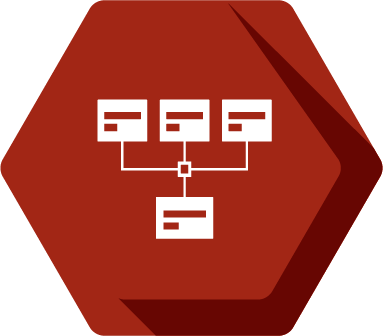Melanie Hawkins

Pronouns: she/her/hers
Research Mentor(s): Kelly Askew, Professor
Research Mentor School/College/Department: Department of Afroamerican and African Studies/Anthropology, College of Literature, Science, and the Arts
Presentation Date: Thursday, April 22, 2021
Session: Session 1 (10am-10:50am)
Breakout Room: Room 4
Presenter: 1
Abstract
Introduction: In this project, we cover a diverse array of both peoples and issues happening across all regions of Africa. We have nearly 70 cases, each of which were carefully researched and written up as a case study for the general public to learn about on our website . We break down cases into six different categories: Conservation, Agribusiness, Infrastructure, Refugee Crises, Mining, and Farmer Conflicts. The issues that we find in regard to the crisis’ indigenous peoples of Africa face are constantly expanding. In partnership with various NGOs, we are working hard to expose these issues for the purpose of helping to raise awareness and potentially bring change to the indigenous communities of Africa. Methods: Each member of the project is assigned a certain number of cases in which we are responsible for updating information and links on the website (maintenance for older cases), researching and finding information on developing cases, and taking turns writing a case study to be featured on the website and our social media platforms. In order to make sure citations are standard across all case studies, we import them into a system called Zotero which accurately alphabetizes each citation and puts them in the same format. To do site maintenance we use wordpress and ArcGis. The data collected is qualitative. Results and Conclusions: There are constantly new developments and updates to many cases in that these issues are prevalent and still continue today. There are no finalized results for any of the cases because none of these issues have been “solved”. There are cases that have not had any development in the last few years but because these communities still exist and in most cases still in danger, our research has not been concluded.
Authors: Melanie Hawkins
Research Method: Qualitative Study
https://indigenousafrica.org






